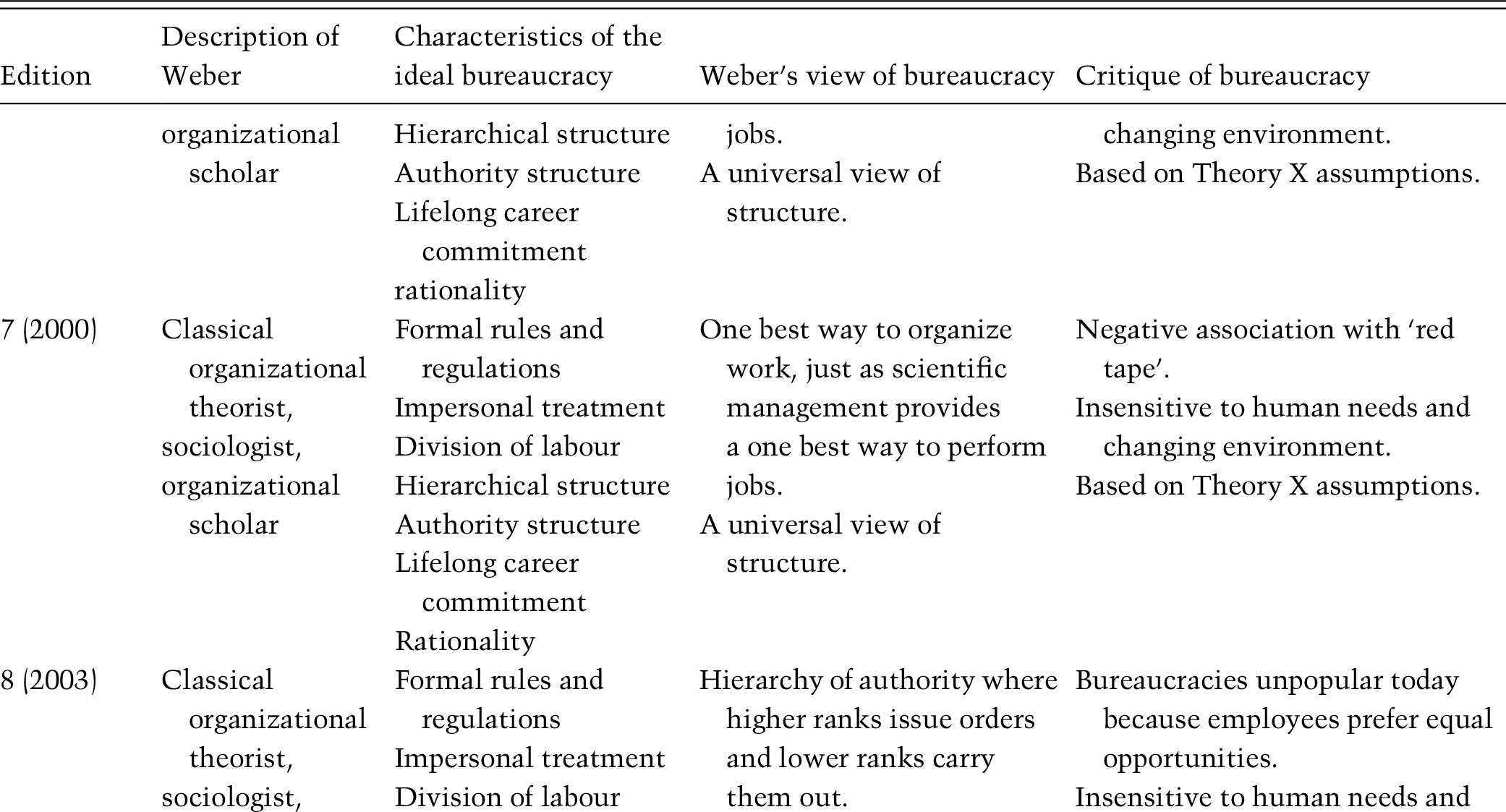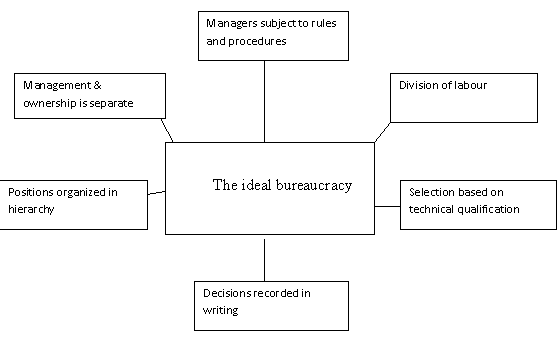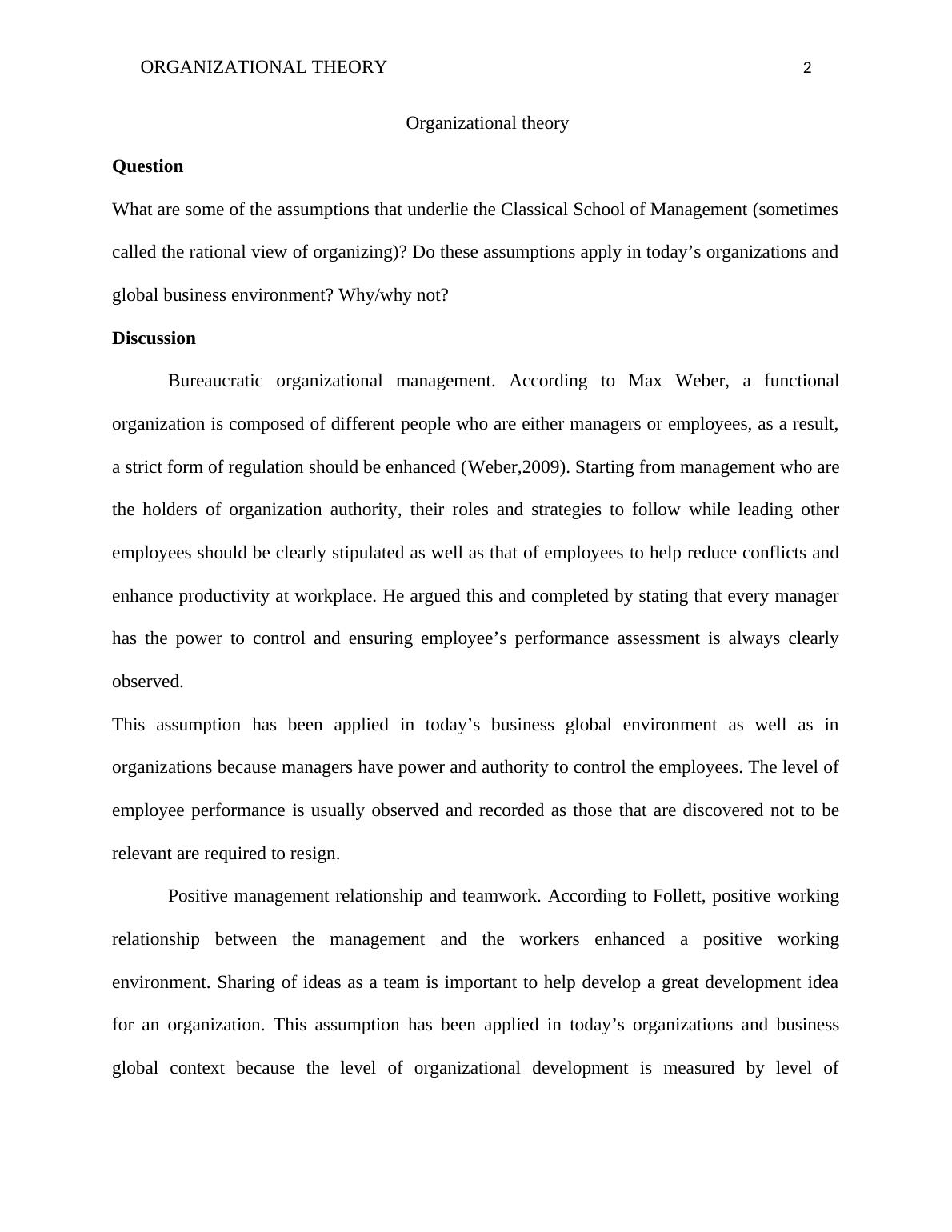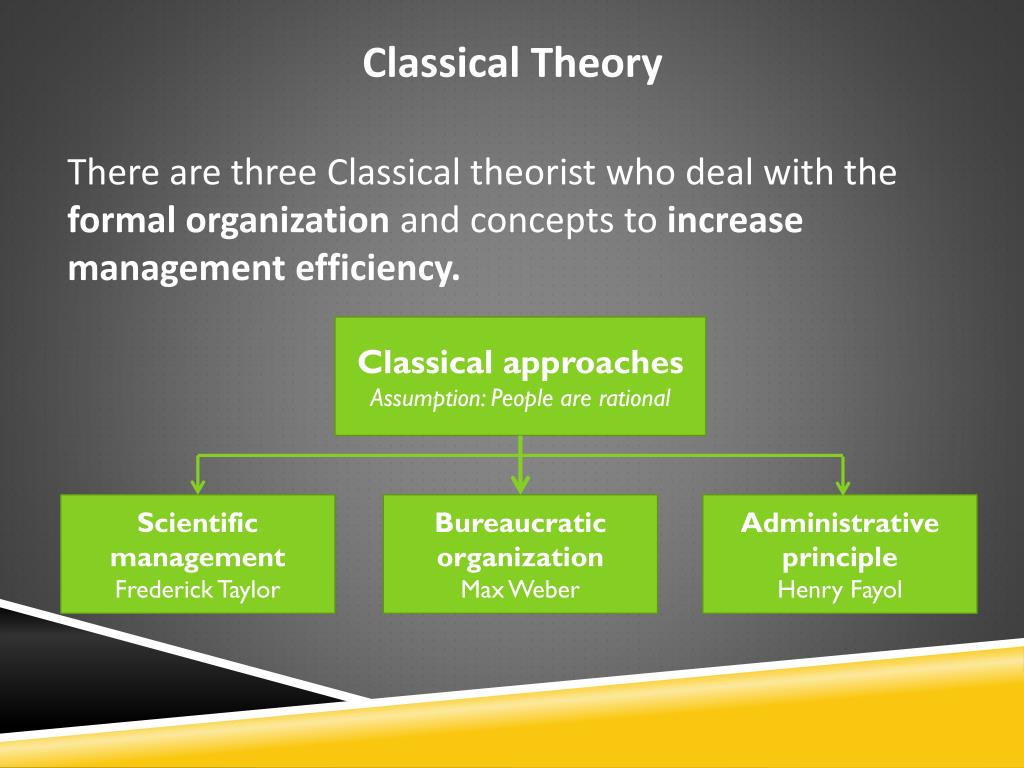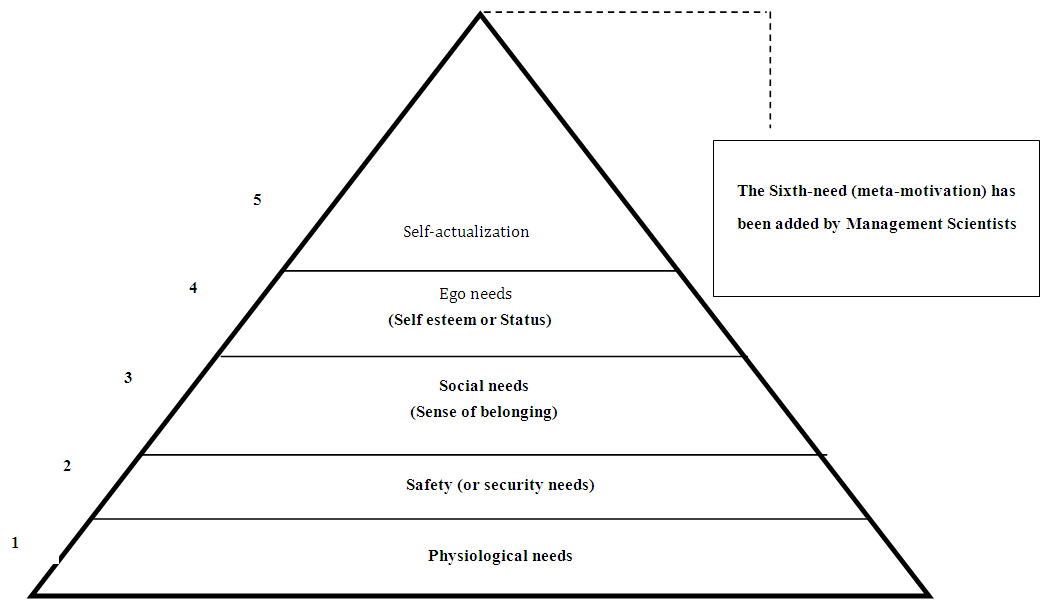
DOC) Discussion on Classical and Neoclassical Approaches of Management | Hamman Adama Yahaya and Mohammed Haruna - Academia.edu
CLASSICAL ORGANIZATION THEORY: FROM GENERIC MANAGEMENT OF SOCRATES TO BUREAUCRACY OF WEBER Őzgür Őnday PhD student, Yeditepe
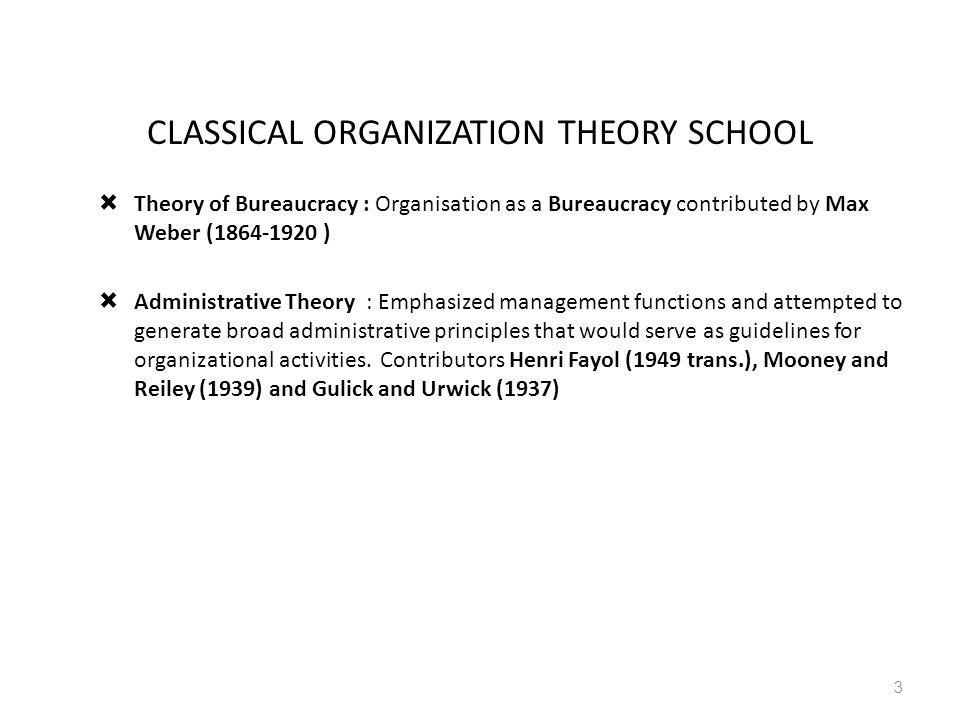
Amity Business School Classical Organization Theory: bureaucracy theory+ administrative theory The Theory had 2 major purpose. To develop principles that. - ppt video online download
